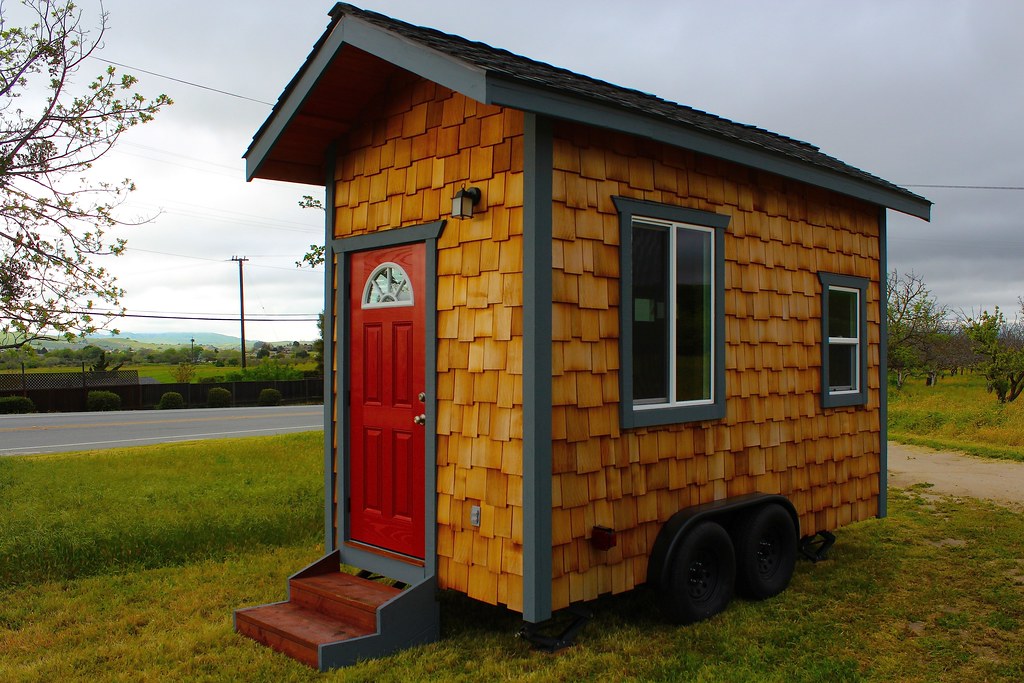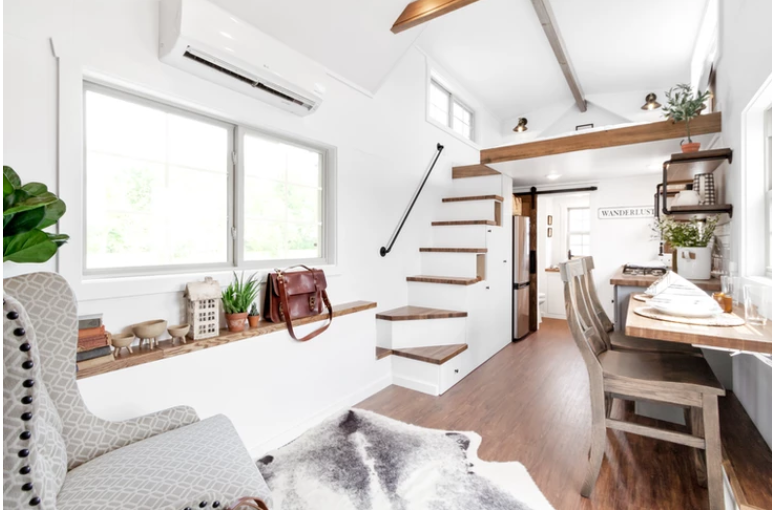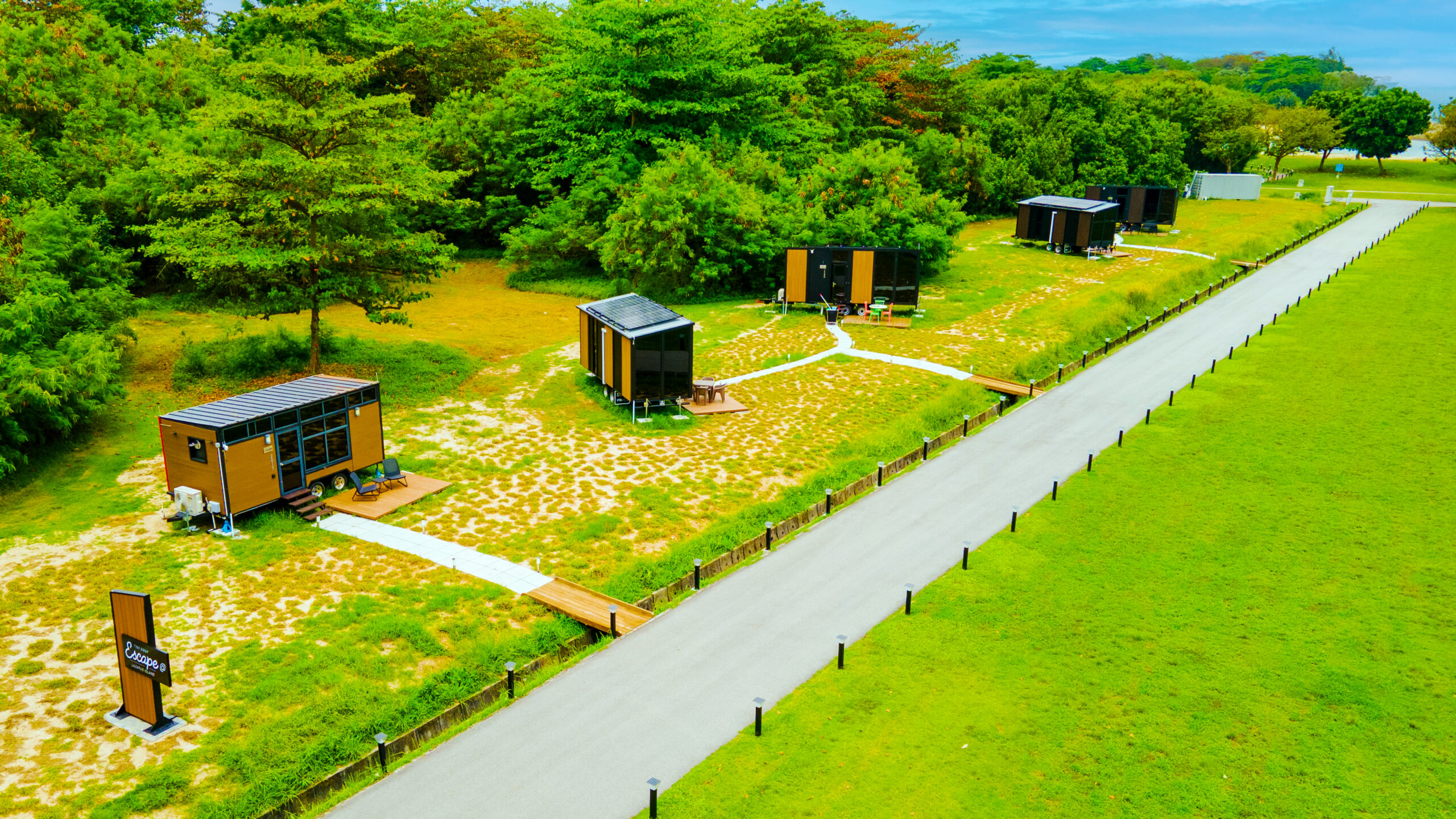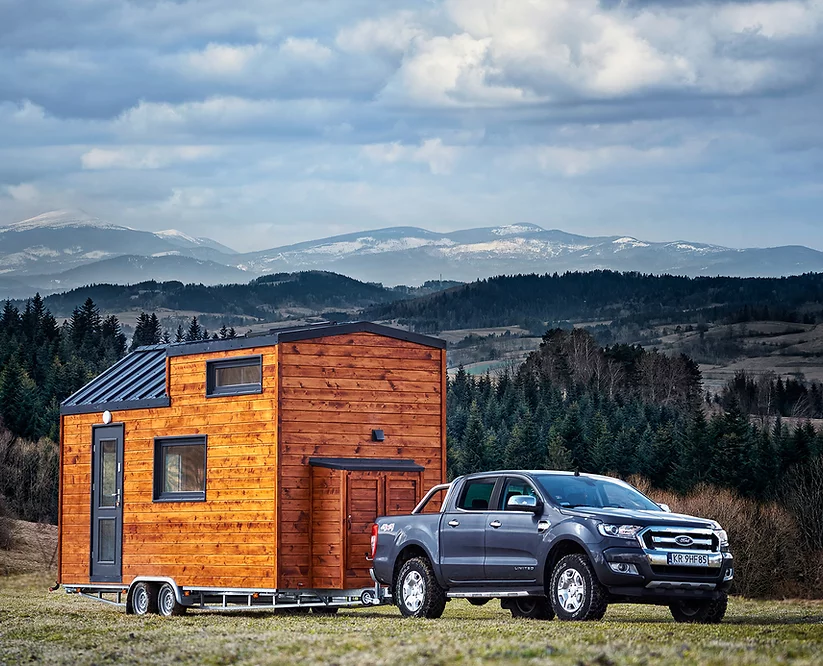In a world where minimalism and sustainability are gaining increasing popularity, the tiny home movement has emerged as a captivating alternative to conventional housing. These tiny homes have captured the imaginations of many, promising a simpler, more affordable, and environmentally friendly way of living.
In this article, we have a look at an insightful journey to explore the potential financial benefits and drawbacks of investing in a tiny house. We will explore the economic, environmental, and lifestyle considerations that come into play when contemplating such a significant decision of acquiring a tiny house.
The Pros of Acquiring a Tiny Home
Affordability of tiny home
According to a survey by Fidelity National Financial subsidiary IPX103, the price to purchase or build a tiny home can vary and depends on a number of factors. Most tiny homes cost between $30,000 to $60,000 while the median price for a starter home is $233,400, according to the National Association of Realtors. Exactly half of respondents say they would spend less than $40,000 on a tiny house and 79% say they would be able to buy or finance a tiny house rather than a traditional starter home. Considering the prices as compared to the traditional starter homes, this would be a great opportunity for a beginner real estate investor.
Tiny Home Low maintenance and operating costs
Due to the smaller size of these homes, the cost of maintenance is also much lower when compared to a traditional home. Moreover, owning a tiny home means great savings in terms of gas, electricity, and other utilities.
High demand from Airbnb guests
Following the release of the vaccine and the easing of travel bans during the coronavirus pandemic, people have begun traveling again. In the past, unusual short-term rentals such as tiny homes have been popular with guests because of the unique living experience they provide compared to a regular apartment or single-family home. Renting out a tiny house on Airbnb could, therefore, be a profitable venture in 2021.
High Return on Investment
Since the initial investment for acquiring a tiny house is low, you can achieve a high return on investment. You could even choose to invest in multiple houses in order to boost your income.
Location flexibility
If you own a tiny house on wheels, you are able to move from one place to another. If the neighborhood is not profitable, you can simply move your rental property elsewhere.
Environmental benefits
Tiny homes have low gas and electricity consumption, thus your investment property will have a smaller impact on the environment.
The Cons of Acquiring a Tiny Home
Finding parking space
If you don’t own land, finding a place to put your tiny home on wheels can be challenging. Different states, cities, and counties have different zoning laws and regulations that determine what you can or cannot do. For example, parking a mobile tiny home permanently in some areas is not allowed. In other areas, you might be required to have power, water, and other utilities connected before parking your tiny home.
Financing and insurance
Getting financing and insurance is another challenge tiny homeowners have to deal with. Financing and insurance companies want to have accurate values for the properties they finance and insure. Such values are not always clear or reliable with tiny houses. It’s almost impossible to get a mortgage since tiny homes that are not on a foundation are not considered real estate.
Is the tiny homes movement a fad?
Though the tiny house movement is gaining momentum in the United States housing market, there is no guarantee it will last. Minimalism and tiny living have only become popular over the past few years and the COVID-19 pandemic has driven the demand for tiny homes.
Depreciation in value
Unlike traditional homes which appreciate in value over time, these homes tend to depreciate in value. As a result, they usually have a very low resale value.
Conclusion
Is a tiny home a good Investment? This depends on your individual financial circumstances. If the pros are more than the cons why not? But if you turn the tiny home into an investment, especially for starter investors it will end up being a good investment if it gives positive cash flows.



